It’s Pride Month!
There has never been a time in my life when I didn’t know someone in the LGBTQ community, so I guess it’s hard for me to understand why the fact that a person is LGBTQ is such a problem to others. When I was young, I had a great uncle who was gay. He lived with his partner, and he was loved and respected. When he died, his partner sat with the family at his funeral. And this was over 50 years ago. Long before AIDS, Pride Marches, “Coming Out Day”. It was just a simple fact. He loved a man, they were partners, end of story.
In my mind, I think the LGBTQ community owes a lot to African-Americans. We laid the groundwork for their ability to fight for civil rights. Before they fought to marry, we fought to marry. Loving vs. Loving, securing the right for couples to interracially marry, was less than 100 years ago. Long after slavery ended. The right to hold a job and not be fired for your orientation is pre-dated by our fight for employment in the 1950’s and the first Equal Opportunity Laws. The right to serve in the military is predated by military integration in the 1940’s. Before then, no one thought we could fight, should fight, and not alongside whites. Even in WWII, there were efforts to keep us out of combat positions. Long before the Hate Crimes Prevention Act, black people were being lynched and white people often came to watch. The Anti-Lynching Laws in the 1920’s and 30’s did nothing, and it was only in 2022 that lynching was ADDED to the LGBTQ intended Hate Crimes Prevention Act.
At the same time, I have also noticed that the strongest part of the LGBTQ community is made up of white men, who are used to white privilege, who are used to fair treatment, who are used to respect and good jobs and financial opportunities, especially if they stay in the closet, who have decided that they want to come out of the closet and still enjoy the privileges of being white men. This is something we as African-Americans cannot do. I want to clarify that it is not as simple as I make it sound. Some gay men don’t fit in the closet. And sometimes being gay meant forgoing a loving relationship. I think about Luther Vandross, who sang heterosexual love songs, and may have lost everything if he came out. The same with sex symbol Rock Hudson, whose orientation was only known to his closest friends.
African-Americans know what it is like to be hated, to be harassed, to be attacked, to be killed and know what it is like for the Bible and pseudo-science to be used to enslave us or consider us inferior. So, what saddens me is when we use the very things that were used against us to condemn the LGBTQ community. It makes no sense. It is as if we have forgotten our history.
The combination of being black and LGBTQ is known as intersectionality, and it can be very painful. Data on black LGBTQ youth indicates that many are homeless or have run away, many have considered suicide, many commit self-harm. Nearly half of polled black LGBTQ Americans say that they have been discriminated against within the LGBTQ community. Over half of black LGBTQ Americans face negativity and verbal abuse from their family. Even today, black LGBTQ Americans face high rates of job and housing discrimination, violence, homelessness and HIV/AIDS. And over 85% of black LGBTQ Americans say that the discrimination they face affects their mental health.
And yet, at the same time that many in the black community see homosexuality as wrong, African-Americans have a history of championing LGBTQ issues. According to Gregg Sangillo in his article on The Black Gay Experience, we have been at the forefront of LGBTQ rights for decades. In the 1940’s, there were “Sissy Blues” and they were quite popular. We read the stories of James Baldwin, such as “Go Tell It on the Mountain” and “Giovanni’s Room” when he wrote about being black and gay in the 1950’s and ‘60’s. We also acknowledged the black lesbian feminist works of bell hooks and Andre Lorde as part of the Civil Rights community in the 1960’s. Bayard Rustin, openly gay, worked tirelessly for the 1963 March on Washington. In the 1970’s and 80’s, large city black mayors like Harold Washington and Marion Barry established committees on LGBTQ issues and clinics for AIDS-related services. And I was truly impressed when Coretta Scott King and Maya Angelou championed the LGBTQ community in the 1980’s. I think they made a difference.
So here we are in June, Pride Month, in 2023. With Ron DeSantis attacking LGBTQ people’s rights, erasing LGBTQ history, and inviting LGBTQ violence. His attacks have gained widespread attention, and stoked the flames of anti-LGBTQ legislation throughout the country. There are 1.2 million black LGBTQ Americans living among us. We need to stand up and stand with them, not just in theory, but when we have them in our families, at our jobs, in our social circles. Remember what we have gone through, recognize what they face, and be an ally. It’s really not that hard.
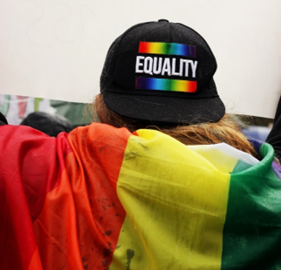
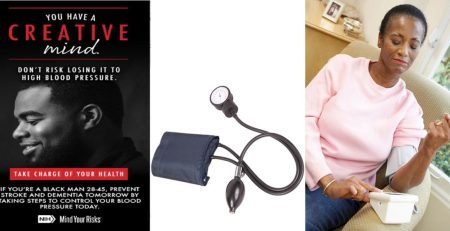
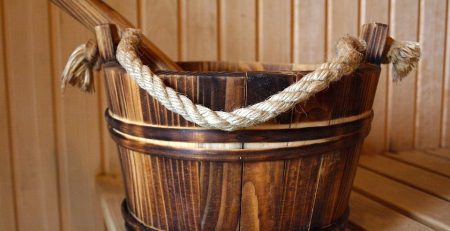
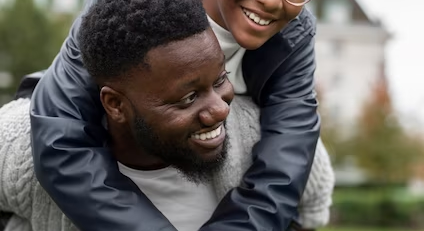
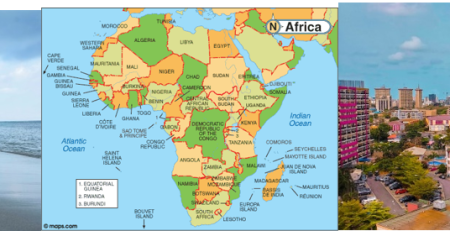
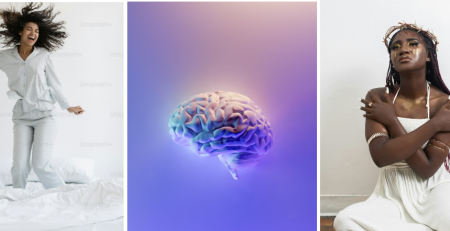
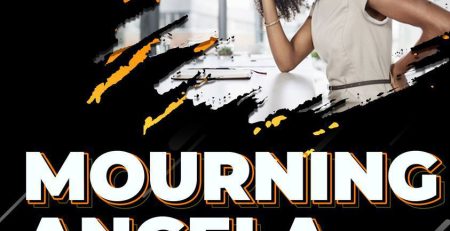
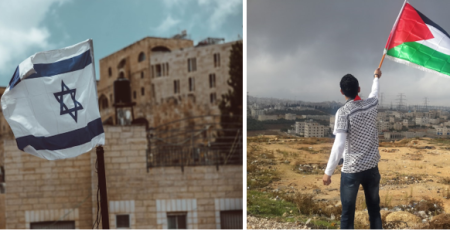
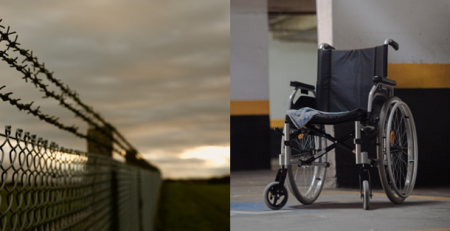

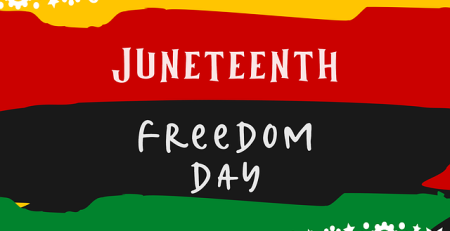
Comments (2)
I love Pride Month.
… [Trackback]
[…] Info to that Topic: afrobougieblues.com/its-pride-month/ […]